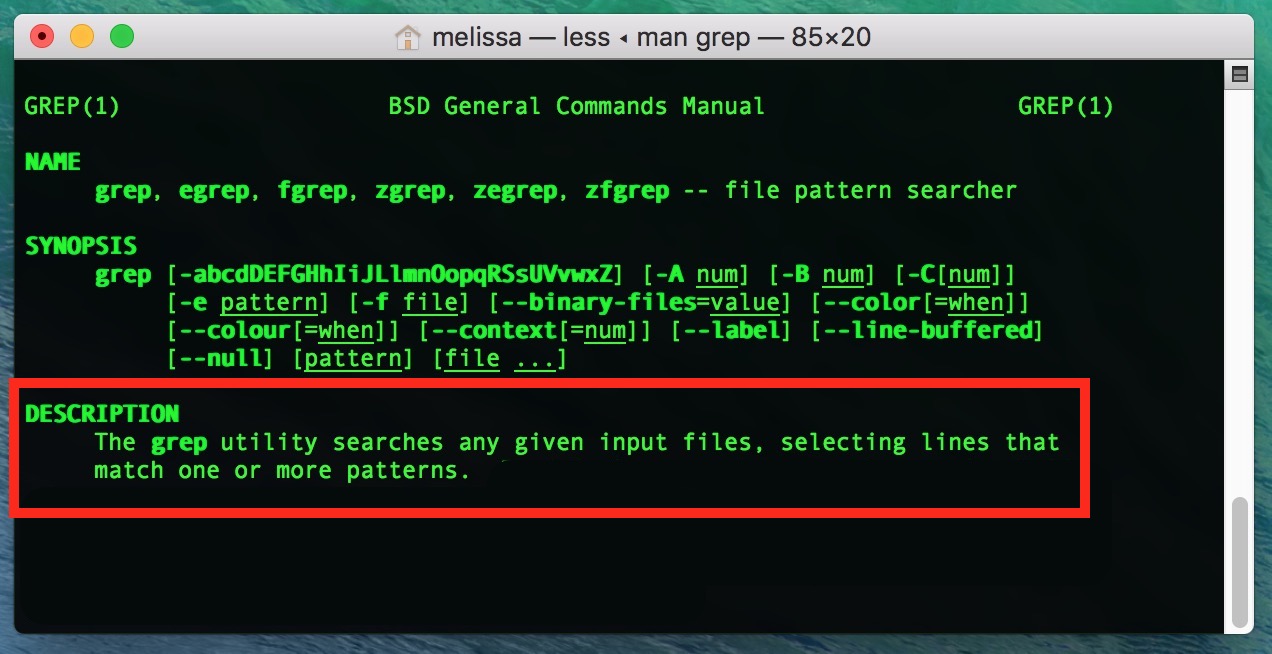

This is ok, but sometimes this can be a little annoying. To search for multiple strings in a file try doing this : grep -il 'String1' 'PATH-OF-FILE' xargs -I grep -H 'String2' xargs -I grep -H 'String3' For eg: Let’s say I want to search for all those log4j.xml files which have the words CONSOLE and ASYNC in them. In this tutorial, we’ll discuss the various ways to achieve this.

One such functionality is excluding directories while recurring through the directory hierarchy. The grep command provides a few additional functionalities that make the searching more effective. Note the -i '' in the sed command, I did not want to create a backup of the original files (as explained in In-place edits with sed on OS X or in Robert Lujo's comment in this page). Usually when I need to find things in multiple files, I would use grep or ack from a terminal and then open those files in vim to do whatever it is that I have to do. Overview In Linux, we often use a grep command to search for text in files. name *.sls -type f) do echo -e "\n$file: " sed 's,foo\.bar,foo/bar/\"+baz+\"/,g' $file doneĮdit the sed command as needed, once you are ready to make changes: for file in $(find. , is used as the sed delimiter instead of the usual /Īlso note this is to edit a Jinja template to pass a variable in the path of an import (but this is off topic).įirst, verify your sed command does what you want (this will only print the changes to stdout, it will not change the files): for file in $(find.must be escaped to ensure sed does not evaluate them as "any character" A bit old school but this worked on OS X.


 0 kommentar(er)
0 kommentar(er)
